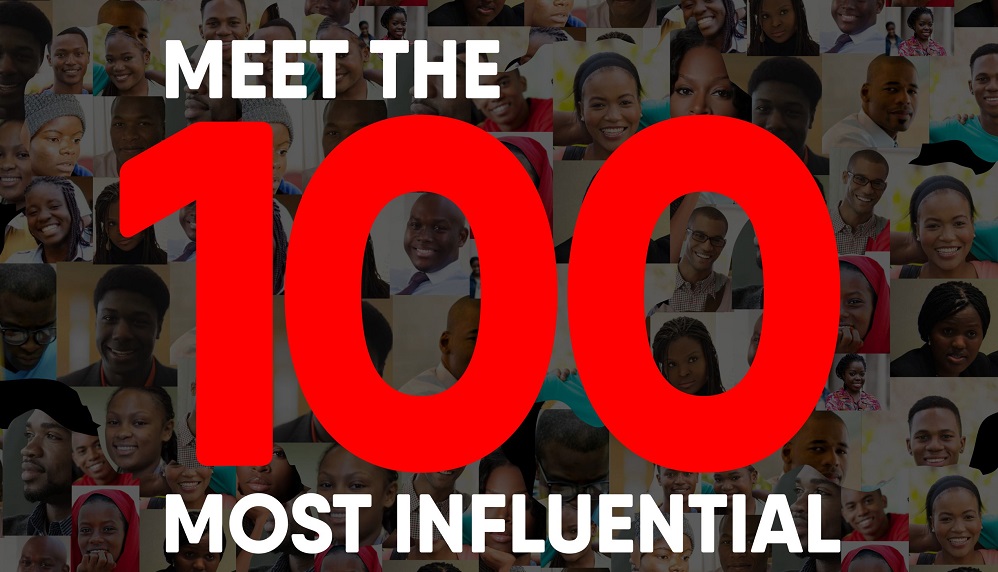The importance of Mental Health cannot be overemphasized. Thankfully, in the past few years, some Nigerian individuals and organizations have taken it upon themselves to educate the public on mental health. Effort is being made to de-stigmatize mental health issues and to encourage anyone suffering from any mental disorders to be unashamed, unafraid and to seek help.
While it is good that almost everyone wants to be a mental health advocate, it is important that they get help the right way. When someone battling with a mental issue confides in someone, the kind of response and advice they get is very important as it may help them or worsen their condition.
Here are three steps to being responsible with issues of Mental Health
-
Encourage people to talk to someone qualified, not necessarily you:
So many people post on Social Media about how anyone who’s feeling depressed or who’s struggling with any mental health issue should reach out and talk to them. while the willingness to help is commendable, unless you are a qualified psychologist or therapist, you aren’t qualified to talk to people.
Beyond encouraging others generally and letting them know that mental health is important, the major message should be that they should speak with qualified professionals and get help from them.
It is good that you make it known that people can reach out to you for encouragement and support, and when they do, direct them to where they can get professional help. Remember that you are not qualified to treat them but get them to contact those who are.
@mentallyawareng and @shewriteswoman are available 24/7 and you can easily refer them to people who reach out to you.
-
Be careful what you say:
You may heave been told before to choose your words wisely, but when dealing with someone in the middle of a mental health crisis, what you say and how you say it is extremely important.
If someone who’s contemplating suicide reaches out to you for example, your response could either make them reconsider, or push them over the edge. If they open up to you about whatever is troubling them or whatever has pushed them to the last of their limits, do not judge them and do not belittle their struggles. It may seem like nothing to you, but it may be everything to them, so do not dismiss their problems or make them feel like they are getting agitated over frivolities.
-
Take care of yourself first:
You cannot give what you don’t have. If you have made yourself available to people and you provide emotional support, then you owe yourself, and them the responsibility of making sure your own mental health is in order.
By taking care of your own self, you are able to take care of others too. But if you are emotionally drained, stressed, tired and mentally exhausted, you are in no position to be of any useful help to someone who comes to you. And you may be doing them more harm than good. If you want to care for others, you must care for yourself first.
-
Do not break confidences:
If you aren’t a professional, you aren’t legally bound to keep the information shared with you confidential, but you ought to know that you should, regardless. When someone is struggling with something and they reach out to you in confidence, you shouldn’t break their trust for any reason.
Don’t go sending their information to any of those hideous accounts who post others’ secrets and personal information. Don’t go on a subbing spree when their opinion doesn’t align with yours. Don’t divulge what they trusted you with to your friends, boyfriend or neighbours. Unless you’re referring them to a professional and you think the information will help their diagnosis/treatment, you should keep it in confidence.
If you know you can’t keep your mouth closed when someone reveals very private information about themselves, you shouldn’t be asking people to talk to you.
-
You’re not a doctor, don’t forget:
Again, if you aren’t a qualified professional. Don’t fall into the trap of thinking you are one. You may have read a lot and you may have held the hand of several people through their treatments, but please do not ask anyone to use any medicine or go on a certain diet.
It may have worked for XYC, but that doesn’t mean that it will work for ABC.
Special shout out to everyone who’s volunteering/sacrificing their time and any other resources for mental health advocacy, you are appreciated.



